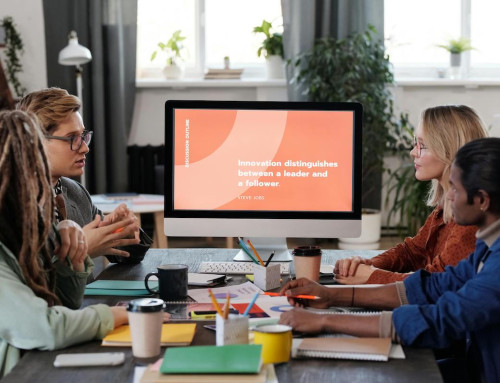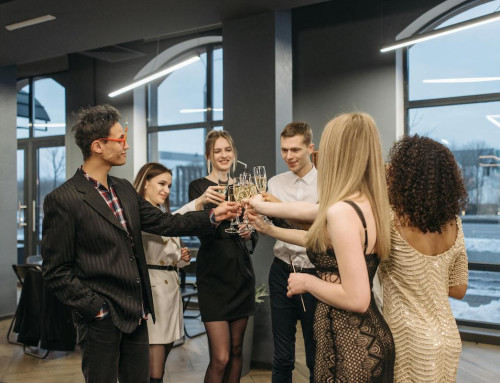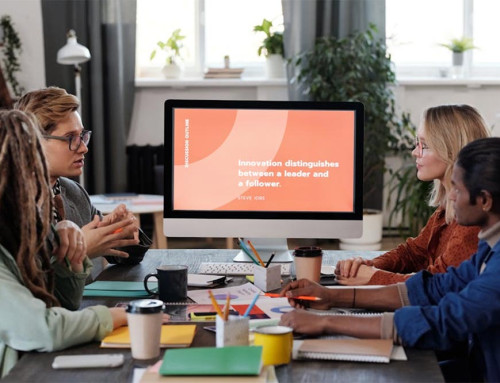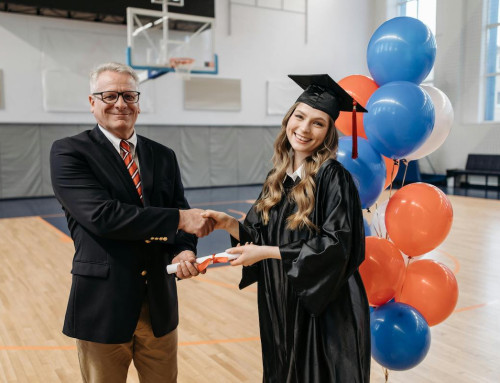How Radically Changing the Framework Can Impact Alumni Relations and Advancement.
Aluminati was proud to sponsor the Introduction to Advancement Leadership conference hosted by CASE. Held in November and December 2020, it featured talks covering various topics, with panels of industry leaders and experts leading the conversations. Be sure to check out our previous article in this series Demonstrating the Value of Alumni Relations.
The idea of the student being the customer is deeply ingrained into institutions. This has been normalised through policy, programmes but most poignantly from the expectations of students. This perspective on the institution-student relationship has an unfortunate impact on long term relationships, especially with alumni.
We met with a panel of innovative alumni relations professionals who were championing the idea of “students and alumni and shareholders”.
Dr. Maria Gallo, Founder and Principal Researcher at Keep in Touch Education, Ireland suggested that the origins of ‘students as customers’ has seeped into institutions and had negatively impacted an institution’s ability to foster lifelong relationships with its students, turning them into passive recipients rather than an active, engaged self-directed learners. Maria noted that the circumstances that led to the current situation are extremely complex. High tuition fees, pressure on institutions to retain students, a general funding crisis in the higher education sector, and increased expectations by students with regard to career prospects all play a part.
“Students have drunk this potion and an antidote is needed” – Dr. Maria Gallo
The Dangers of the Transactional Relationship
There is a danger that a transactional approach to the student-institution relationship will lead Alumni to think of their Alma Mater like a one-off product or a single purchase when it should actually be a lifelong experience. Dr. Gallo suggested that the more former students understand their identity as alumni, the more likely it is they will be to engage with the institution throughout their lives. For this to be achieved, institutions must consider building more strategic and meaningful engagement and support frameworks.
The Shareholder Framework
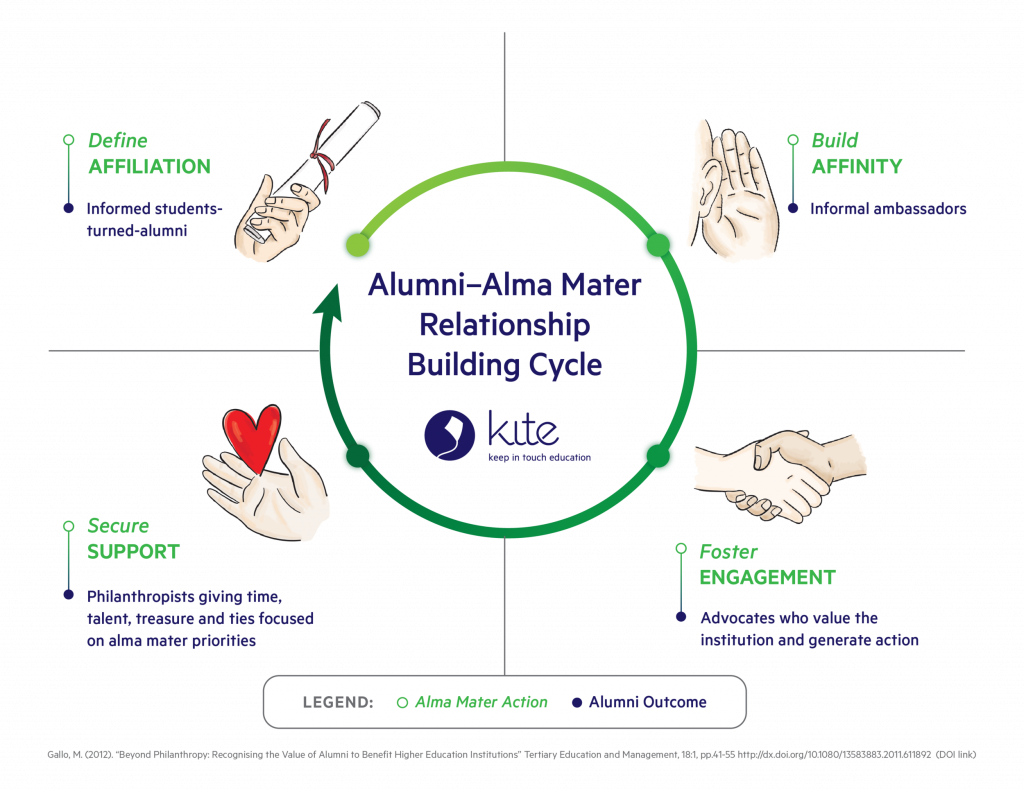
Institutions must recognise that their alumni are distinct stakeholders and as such, the institution has a responsibility to maximise stakeholder value. Dr. Gallo suggested that defining alumni as shareholders can create a huge opportunity for growth for an institution. It was argued that an alumni relations department must earn engagement, not expect it. Institutions must build affinity with their alumni by involving them in curating communications. Engagement must be fostered, taking care to review how the alumni are engaging with the programme and how leaders are being involved. It is key to check in with alumni leaders on a regular basis, finding out how they are finding their experience as an alumni volunteer. Ask them if they know other people who might be interested in the programme.
The 3 steps to radical change
Step 1. Shareholder proof. Think of programmes in place throughout the institution. How are alumni featured within these programmes? Is it clear that they are stakeholders?
Step 2 – Co-create with your alumni. Work with your alumni to create engaging communications.
Step 3 – Identify. Identify key people both internally and externally who can help drive the change you are looking to make.
Find out how the Aluminate Community Builder can help your institution’s Alumni Relations programmes

